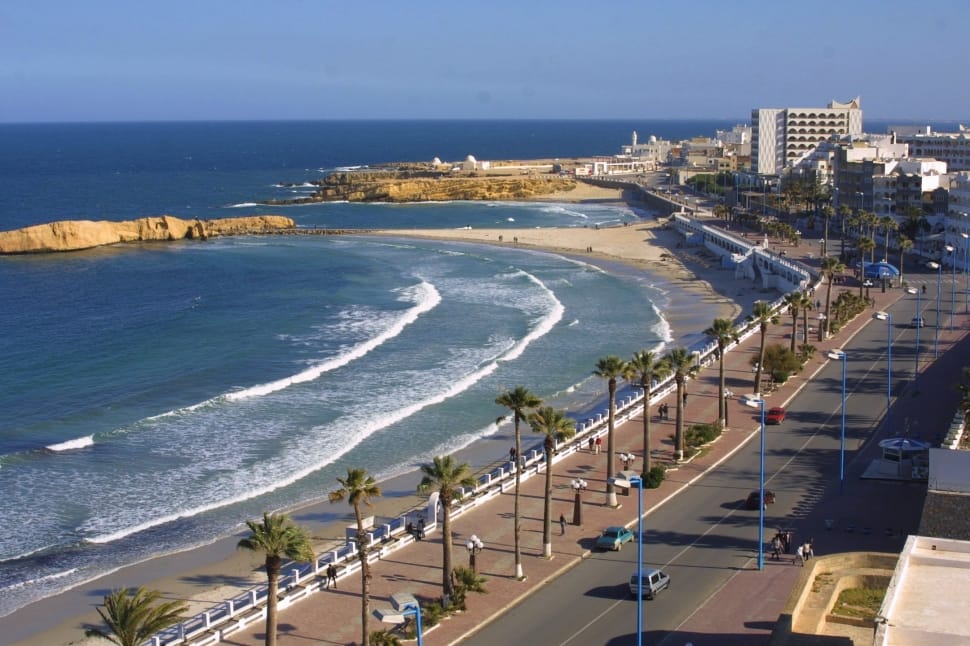University of Miami Researchers Submerge Hybrid Reef Structures Off Miami Beach
Posted
Last Updated
By ecomagazine.com.
A team of marine scientists and engineers from the University of Miami Rosenstiel School of Marine, Atmospheric, and Earth Science, and the College of Engineering, in collaboration with the City of Miami Beach, deployed two innovative artificial reef structures off Miami Beach on Wednesday, March 1, 2023, to kick off a two-year project called ECoREEF—Engineering Coastal Resilience Through Hybrid Reef Restoration.
The project aims to create a science-based design framework to develop and test coastal resilience strategies that combine grey (cement-based) and green (nature-based) restoration strategies such as hybrid reefs that can provide added protection against storm surge and powerful hurricanes along South Florida’s valuable and vulnerable coastline. During the project, scientists will be gathering data on wave attenuation and other hydrodynamic processes, as well as survivorship and growth of transplanted corals.
Previous studies have shown that shallow coral reefs can buffer up to 97 percent of the energy from waves and reduce flooding frequency and impacts, helping to prevent loss of life, property damage, and erosion.
Two ECoREEF units were deployed about 750 feet (231 meters) offshore of North Shore Oceanside Park, at 8328 Collins Avenue, at a depth of 14 feet (4 meters).
One of the structures is hollow and trapezoidal shaped with limestone boulders on its outer surface to mimic the texture of coral reefs and attract marine life. The second structure is a configuration of hollow, hexagonal SEAHIVETM units, which are perforated to let water flow through them. Both structures are manufactured using concrete with non-corrosive reinforcements for durability and biocompatibility purposes. Each structure is 19-feet (6 meters) long and approximately 6 feet (2 meters) tall, with each spaced about 16 feet (5 meters) apart.
Later this spring, Rosenstiel School marine scientists will outplant and field-test new approaches to making corals more resilient to warming temperatures. These corals will help further increase friction and dissipate wave energy.

